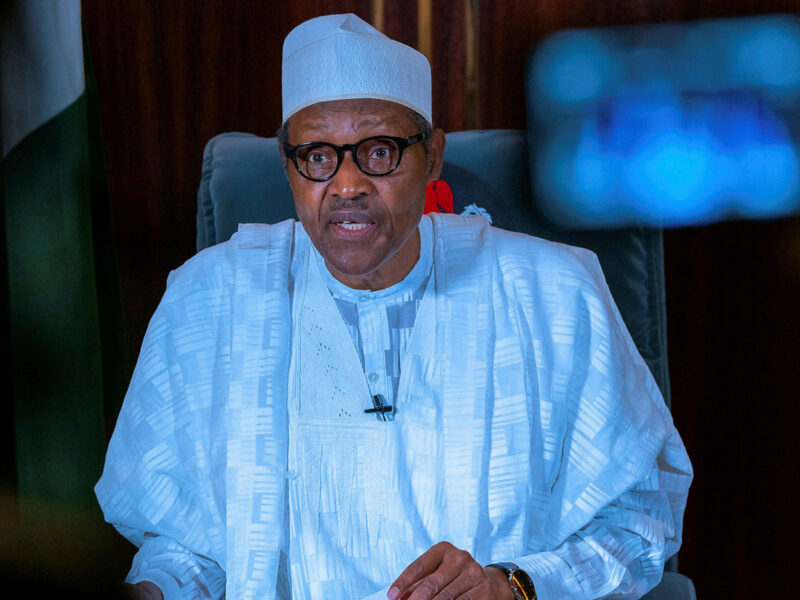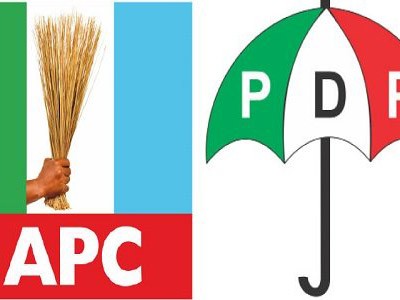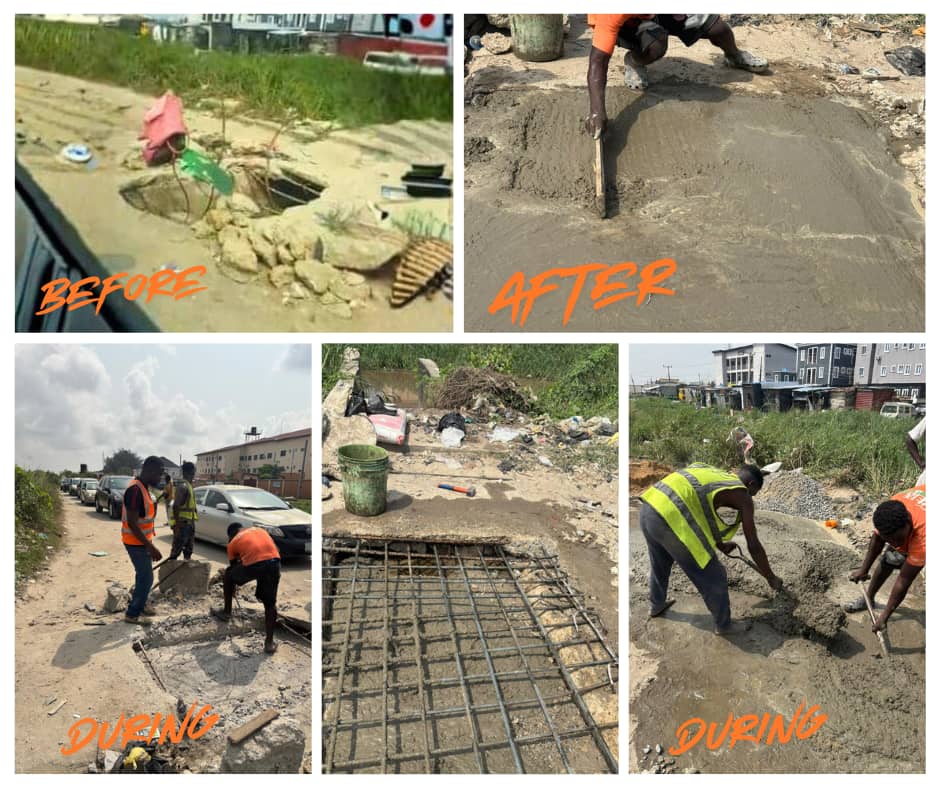The idea to defund gas projects in the lead to the worldwide Net-Zero emissions target, according to Vice President Yemi Osinbajo, will be detrimental to developing countries like Nigeria.
This comes as the Nigerian National Petroleum Corporation (NNPC) spent N32.558 billion in the first eight months of this year on the security and repair of parts of its 5,120 kilometers of pipelines across the country, according to NNPC data.
In his presentations at the High-Level UN meetings on the Energy Transition Plan in Africa, with a special focus on Nigeria ahead of the UN Climate Change Conference (COP26) summit in London, Osinbajo discussed defunding of gas projects.
Mr Alok Sharma, a cabinet rank British Minister and the Chair of the UK Government’s COP26 Energy Transition Council (ETC) in Whitehall, was the vice president’s first meeting, which was held behind closed doors.
The topics discussed with Sharma included the global Net-Zero emissions target for 2050 and the necessity for the international community to unite around the critical aspects of a just and equitable transition for all.
At the meeting, Osinbajo cautioned that defunding gas projects would hurt the entire industry, especially when it came to placing gas on the grid.
He opined that the ultimate goal of the global energy transition should be to achieve reliable net-zero-energy systems to power prosperous, inclusive economies.
His words: “Limiting the development of gas projects poses dire challenges for African nations, while making an insignificant dent in global emissions. Energy demand in Nigeria and across Africa is set to rise, as indeed it must, to deliver the industrialisation, jobs and economy-wide progress people deserve.”
He went on to say that Nigeria had already committed to generating 30% of its electricity from renewable sources by 2030.
Natural gas was used for industrial, fertilizer manufacturing, and cooking, according to him, which were more difficult to transfer than electricity generating.
Nigeria was committed to all of its national decided contributions under the Paris Agreement, according to the vice president, and had revised its pledges in our new Energy Transition Plan.
While revealing that Nigeria might just be the first African country to develop an energy transition plan in order to demonstrate its commitment to global net-zero emissions, he also stated that the federal government was making efforts to use large amounts of clean energy sources as part of its commitment to the Paris Climate Agreement.
The vice president also met with Imperial College’s academic community, followed by Global Energy Alliance discussions and presentations on Nigeria’s Energy Transition Plan and Integrated Energy Plan.
Africa, according to Osinbajo, has the world’s youngest and fastest-growing population.
“In order to create jobs and enable climate-smart industrialisation, the scale and quality of electricity services must increase significantly. This means building sustainability into our economic planning, and so our Economic Sustainability Plan, includes a plan to provide five million homes with cleaner energy through its decentralised solar power programme. This means an estimated 25 million Nigerians would have access to solar power. The first phase of this plan is already underway, and we think that this sort of programme will very quickly ramp up our progress towards net-zero emissions,” he added.
Meanwhile, the NNPC spent N32.558 billion on the security and maintenance of parts of its 5,120 kilometres of pipelines throughout the country in the first eight months of this year, data from the national oil company has shown.
A THISDAY analysis of the figures indicated that at the end of August, the NNPC had expended its entire annual security budget of N29.682 billion by N2.876 billion.
The corporation also exceeded its security and maintenance budget of N19.788 billion for January to August by N12.769 billion.
The corporation had budgeted N2.474 billion monthly for pipeline security and maintenance.
In its latest presentation to the Federation Account Allocation Committee (FAAC) detailing its activities for August, the corporation indicated that no spending was done in January regarding security and maintenance of the facilities, while N5.813 billion was spent in February.
The cost centre also gulped N5.320 billion in March and N2.641 billion in April.
Similarly, total spend for the purpose was N5.258 billion in May, while June had a higher expenditure of N6.174 billion.
In July, N7.352 billion was spent while August was zero, with the total hitting N32.558 billion as at end of August.
Pipelines network is an integral national asset designed several years ago to distribute crude and white products nationwide, including the movement of products from the nation’s refineries to all depots as it was considered a safe and cheap means of products distribution.
NNPC’s pipelines are connected to 21 white product depots and tank farms across the nation, according to the Nigerian Pipelines and Storage Company Limited (NPSC), the corporation’s subsidiary which manages the facilities across the country.
Movement of crude and white products was done through the pipelines over the years until the act of vandalism continued to render them inefficient, with many lines now abandoned as a result of the high cost of maintenance and pipeline repair due to incessant destruction of the product lines.
Nigeria loses an average of 400,000 barrels of petroleum per day to theft and pipeline vandalism, although most of the oil and gas assets are also aging, thereby worsening the situation.
Minister of Information and Culture, Mr. Lai Mohammed, recently disclosed that the 200,000 barrels of crude oil were lost per day through pipeline destruction and that it costs the country N60 billion to repair the assets each year. According to him, some 1,161 pipeline points were vandalised between January 2019 and September 2020.
In other projects’ funding performance data, according to the document, the Nigeria/Morocco pipeline facility had a payment of N.583 billion made as of August 2021, leaving a deficit of N.083 billion at the end of the month.
As reported by THISDAY earlier, petrol subsidy gulped N714.791 billion at the end of August, the non-functional refineries consumed N8.3 billion during the month, as total spending on the refineries for this year alone hit N66.6 billion, out of the total budget of N100 billion for the year.
In addition, N40 billion was paid for pre-export financing as of the eighth month, out of the budgeted N60 billion, broken down into N5 billion in January, N10 billion in March, and N5 billion in April, May June, July, and August respectively.
Pre-export financing takes place when a financial institution advances funds to a borrower based on proven orders from buyers, with the borrower usually requiring the funding to produce and supply the goods.
For the NNPC, the corporation embarks on pre-export financing to have access to sufficient liquidity to maximise production.
Last year, the United Bank for Africa (UBA) was part of a consortium that lent $1.5 billion to the corporation and its upstream, the Nigerian Petroleum Development (NPDC), providing $200 million of the amount.
While the first $1 billion portions will be repaid over five years and is provided in dollars, the second $500 million will be in naira and repayable over seven years, while the NPDC will repay the pre-export finance facility in oil, with a commitment of 30,000 barrels per day.
The agreement also involved Standard Chartered, Afeximbank, Union Bank and two oil traders, Vitol and Nigeria’s Matrix Energy.
The FAAC document further showed that renewables development was funded to the tune of N.885 billion, leaving a deficit funding of N1.148 billion, frontier exploration services consumed N20.681 billion ytd out of the N50 billion proposed for the year, leaving a funding gap of N12.652 billion.
Crude oil pre-export inspection agency expenses was N3.776 billion ytd, out of a budget of N6.833 billion up until August and N10.250 billion for the entire 2021.
Out of a budget of N60.920 billion for gas infrastructure development, N22.445 billion had been released at the end of August, while N18.169 billion was left as balance.
For domestic gas development, N29.056 billion had been released at the end of August, out of a total proposed package of N53.803 billion for the eight months and the complete budget of N80.705 billion for the entire year.

Freelanews is a potpourri of news, entertainment, business, events and photos. This is no fake news.





























